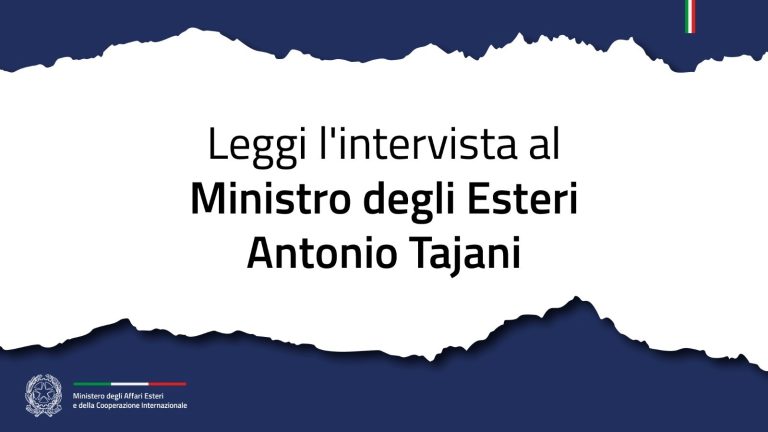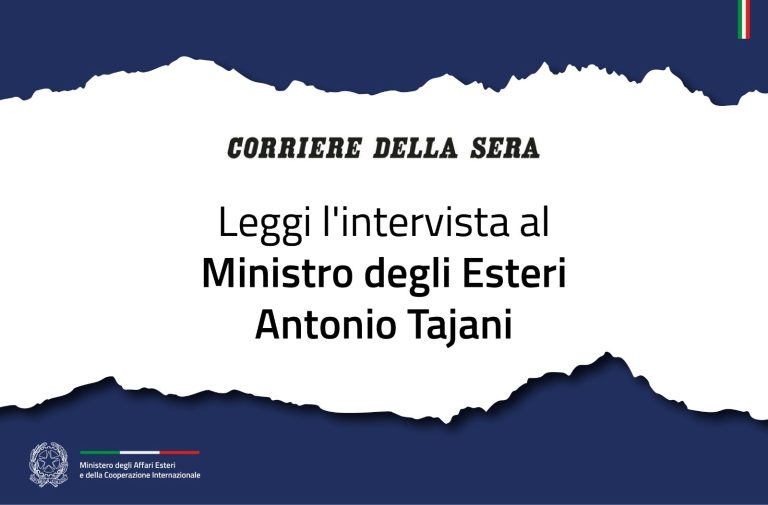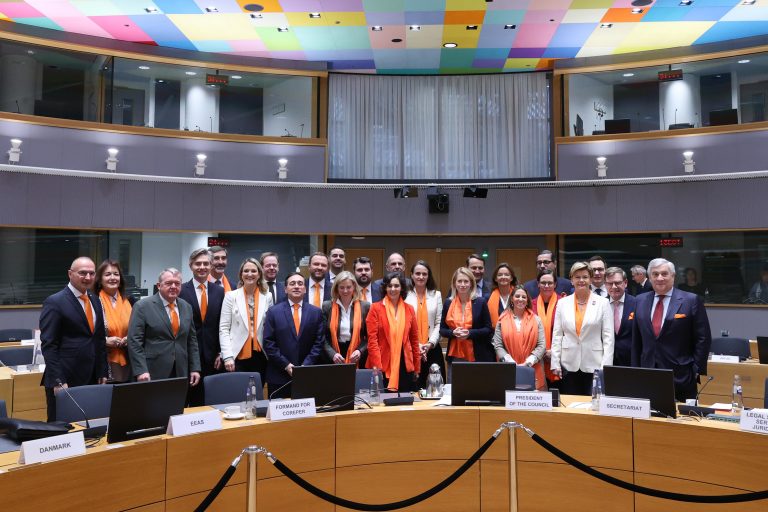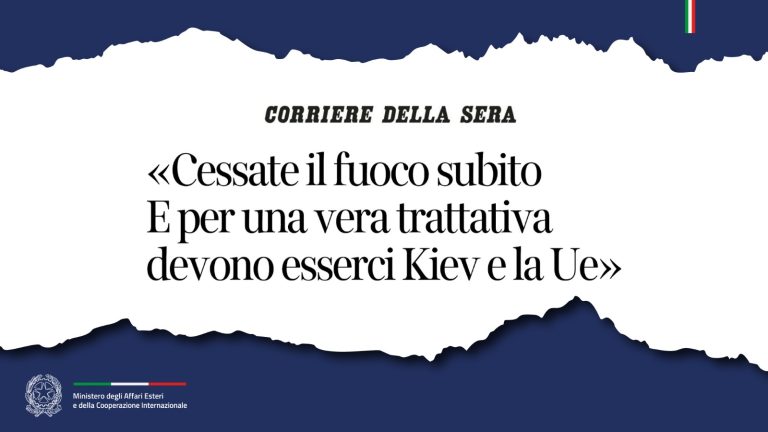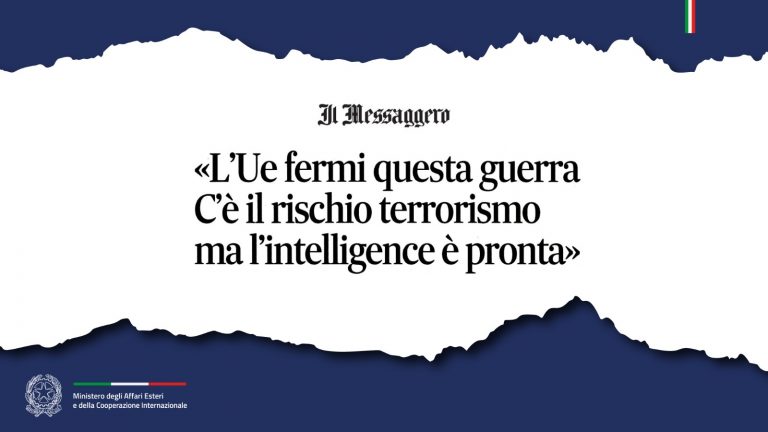At the request of Italy, together with France, Greece and Malta, today’s EU Foreign Affairs Council is also addressing the emergency situation in Libya.
The debate, requested by the Minister of Foreign Affairs, Antonio Tajani, even before the outbreak of the crisis between Israel and Iran, was included under the discussion point on the “Middle East” with three objectives: new alarm to mobilize European countries; need for stronger support for the ceasefire; need for new EU action to relaunch the political process under the aegis of the United nations (focusing on the mediation of the UN Special Representative, Tetteh); counteracting increased Russian influence.
Again at Italy’s request, and with the support of France, Malta and Greece, the situation in Libya had been raised at the meeting of the EU Interior Ministers last 12 June, with Minister Piantedosi. On that occasion, an in-depth debate had been on the consequences of the developments in Libya on migration flows and the security of the entire European Union.
More specifically, Italy intends to sound a real alarm on the current situation in Libya, on the political and military conflict especially in Tripolitania, which is already having an impact on the increase in irregular flows on the central Mediterranean route and which could also have consequences for European internal security.
Minister Antonio Tajani said: “We are helping the EU to focus on the internal situation in Libya, with the clashes of recent months, so that the Union can manage it in a unified manner, as a European problem. The government’s strategy is based on a coordinated approach: in a few days, the issue was brought to the attention of the EU Interior and Foreign Ministers”.
Both at the Foreign Affairs Council and at the Home Affairs Council, Italy’s request was supported by France, in line with the joint statement of the Meloni-Macron meeting in which Libya was expressly mentioned.

